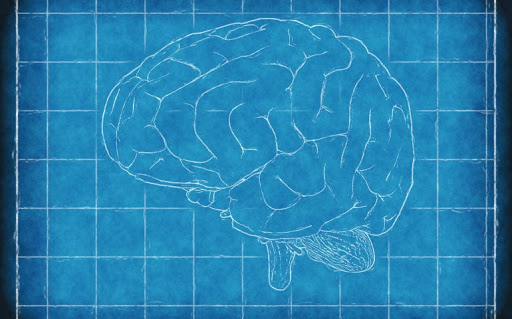Jul 20 2020
Mistaking Intention for Behavior
 Here’s another brain glitch that I know I do on a regular basis – confusing the intention to do a task with having actually completed the task. This is a type of false memory created by the intention itself. Albarracin et al have published a series of five experiments where they explore this phenomenon, which they claim is new to the published literature.
Here’s another brain glitch that I know I do on a regular basis – confusing the intention to do a task with having actually completed the task. This is a type of false memory created by the intention itself. Albarracin et al have published a series of five experiments where they explore this phenomenon, which they claim is new to the published literature.
In there experiments people reported having completed a task that they only thought about doing but never actually did. If the task is routine this is more likely to happen. For example, if you take medication every day, you might remember taking the medication when you didn’t partly because you already have so many memories of actually taking the medication. Just having the thought – I need to take my medication – may be enough to trigger a false memory of taking it when you later think back about whether or not you took the medication. The experiments show that forming the intention to do the task increases the likelihood of forming such false memories.
The situation is also a factor. The closer the intention is to the actual task, the more likely it is you will form such a false memory of task completion. In other words, if you are sitting at your desk and you make a mental note that you have to do some task at your desk (such as sending an e-mail or signing a form), you may later remember having completed the task. This is more likely to occur than if the task involved traveling to a new location. They report:
Participants chose job candidates and either acted on the decision to hire them, generated an intention to hire them later or made a judgment that was irrelevant to the behavior.
Following a delay, participants were asked to report whether they had acted on the decision or simply intended to do so for each person they had seen.
“The methodology was carefully crafted to produce the necessary high level of errors we were studying, to keep irrelevant characteristics constant across conditions, and to systematically manipulate enactment versus intention,” said Albarracin, also a professor of business administration at Illinois. “If intentions play a causal role in producing misreports of behavior, misreports should be more common in the intention than the control condition.”
And this is what they found – so it seems like the intention is a factor in triggering the false memory. In this way, planning your tasks, while often necessary, may have this unintended consequence. This is interesting, but not surprising. Not only does is comport with anecdotal experience, it fits with what we know about false memories. Prior research has established that people easily form such false memories, and once formed there is no way to tell them apart from genuine or more accurate memories. They feel the same.
There are some established details for forming false memories. Imagining something as having occurred in your past is a good way to form false memories. In fact, this procedure spawned an entire industry of so-called “recovered memory syndrome” that was, in fact, false memories. It seems, therefore, that imagining is a good way to form false memories. We also tend to merge and confuse memories, mixing up details from other memories. In fact, every time we recall a memory we are, rather, reconstructing it. The reconstructed memory uses as its source genuine memories, but also our current internal model of reality, and priming from outside sources. If we have learned something, or had something suggested to us, since we last reconstructed the memory, we may incorporate these new details into our memory. And again – this process is subconscious and you cannot tell. You just have the memory. There is also a tendency to personalize memories. If we hear a story about something happening to someone else, we may later remember the event as happening to us.
Given all this, it is not surprising at all that intending to complete a task also can create a false memory. Our brains do not appear to have a clean functional separation between imagination and memory.
In the fifth experiment, however, the researchers explored what steps can be taken to minimize this effect. They found:
Experiment 5 indicated that monitoring enactment is highly effective at reducing this error and more effective than monitoring intention.
In other words, you need some method to objectively determine if the task was actually completed. Writing it down on your to do list is not enough. With medication, for example, having a weekly pill box is extremely helpful, because you can see if the pill was taken or not.
Again, the findings of these experiments are not terribly surprising, but it is a helpful reminder of how our memories work. Further, it is important not to rely on your memory as if it is flawless, but to take into consideration all the known flaws. This means, in many cases, having a system in place that compensates for our flawed memories. Add – monitoring task completion – to the list.
These results are also yet another reminder of how important it is to have what I call neuropsychological humility. Understand our own brains as the powerful but highly flawed instruments that they are. Be humble about the accuracy of your own memories, or they may lead you astray.






